Many people who own a considerable amount of corporate stock claim that “insider trading” causes minimal damage. However, this type of illegal behavior often sets off a negative ripple effect that impacts all Americans since everyone’s finances are tangentially affected by the stock market.
As most of us know, “insider trading” involves using confidential information about a company to better someone’s financial position -- before that information has been shared with the general public. The person who either spreads such confidential information (often a stockbroker) – or acts upon it to his/her gain -- is violating a fiduciary duty and the law.
Insider Trading Is Truly Widespread
According to a 2014 study conducted by New York University and McGill University professors, “a quarter of all public company deals may involve some kind of insider trading . . .” This conclusion was reached after carefully examining “hundreds of transactions from 1996 through the end of 2012.”
Punishments for Insider Trading and How It Can Change the Financial Playing Field
If requires little logic to realize that when you allow a select group of people to buy and sell stock based upon confidential knowledge, you’re going to negatively affect many others in the long-run, even though all accused “insider traders” always claim it's a “victimless” crime.
However, insider trading causes significant harm. That’s why attorney Matthew Kluger was sentenced to 11 years behind bars. However, some people, like Rajat Gupta who received a two-year sentence in June 2014, receive lighter sentences for various reasons. (If you’ll recall, Martha Stewart only had to serve five months in prison for her role in receiving and acting upon insider trading information.)
The following list notes some of the different types of harm directly caused by insider-trading.
Damage can be caused to a corporation’s public image and reputation. Since it's often hard to learn how many shareholders were aware of the insider-trading information, many people may arguably become much more hesitant to do business with a specific corporation after it’s been involved in this type of event;
During the time when insiders are sharing their confidential information, they’re causing damage to the market’s efficiency because prices can’t respond with the normal ebb and flow of new information being made public;
The market’s general reputation usually suffers. Many shareholders – and others simply contemplating getting involved in the market – are very likely to postpone future dealings with Wall Street out of new fears of being cheated;
As insider trading increases, law enforcement efforts to fight and control it are weakened due to lack of prosecutorial resources. When this illegal behavior multiplies, some companies and individuals start feeling empowered to keep on coordinating insider trades because they come to believe their chances of being caught are very low.
To obtain help with handling all of your Georgia business planning needs, please contact Shane Smith Law today. You can schedule your free initial consultation with a knowledgeable Peachtree City estate planning attorney by calling: (980) 246-2656.



